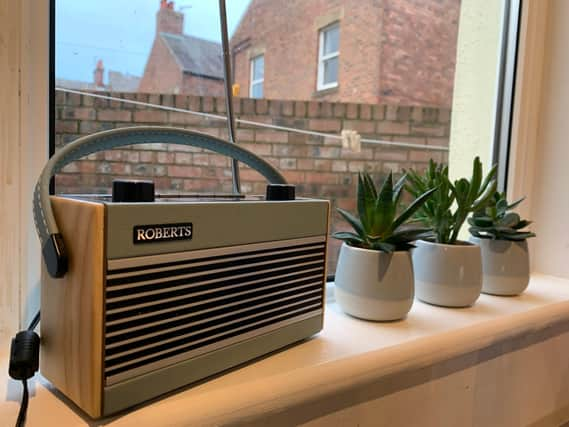Broadcaster wins new radio licence for South Shields to become launchpad for dozens of stations


Dozens of new providers could hit the airwaves later in 2021 after media regulator Ofcom awarded a new licence for the region.
Mux One has emerged as one of just five successful bids across the whole of the UK, which will see coverage under the small-scale DAB multiplex scheme take in most of South and North Tyneside, as well as parts of Sunderland, Newcastle and Gateshead, covering about 380,000 adult listeners.
Advertisement
Hide AdAdvertisement
Hide Ad“It’s a pretty long process, but we’re committed to as short a turnaround time as we can and being on the air in six months,” said Dave Roberts, commercial director at Mux One.
“There’s five of us now with a licence, the first five to be issued, and we want to be the first on the air.
“We’re racing to be first for the area, it would be great to see Tyneside have the first switch on.”
First round bids were submitted by 25 different areas across the UK, but today, Thursday, February 18, Ofcom confirmed just five had been successful.
The new licences cover:
:: Tynemouth and South Shields
:: Salisbury
:: Derry/Londonderry
:: Glasgow
:: The Welsh Valleys
Advertisement
Hide AdAdvertisement
Hide AdMux One will now oversee the installation of transmission equipment in South Shields, which is eventually expected to provide capacity for 30 stations to broadcast in the area.
Just getting the new system operational is expected to cost about £50,000 and further infrastructure may need to be added in North Tyneside to ensure signals can extend to places like Whitley Bay.
A second round of bidding for areas which missed out is expected to start in June.
Roberts hopes to be ready to start broadcasting by August, with up to eight of the available slots expected to be taken up by community radio stations.
Advertisement
Hide AdAdvertisement
Hide AdHe added: “The principle is that at the moment it’s very expensive for any network to be on DAB radio.
“It’s usually cost-prohibitive for smaller radio stations, but this is on a much smaller scale.”